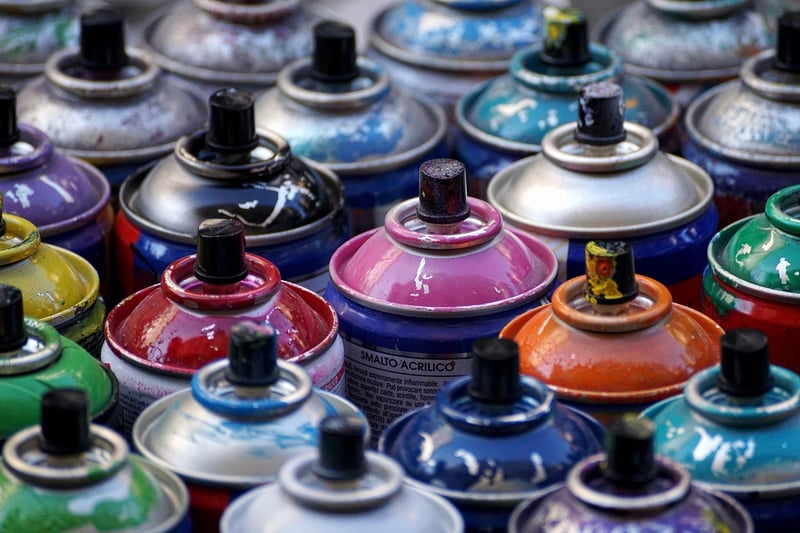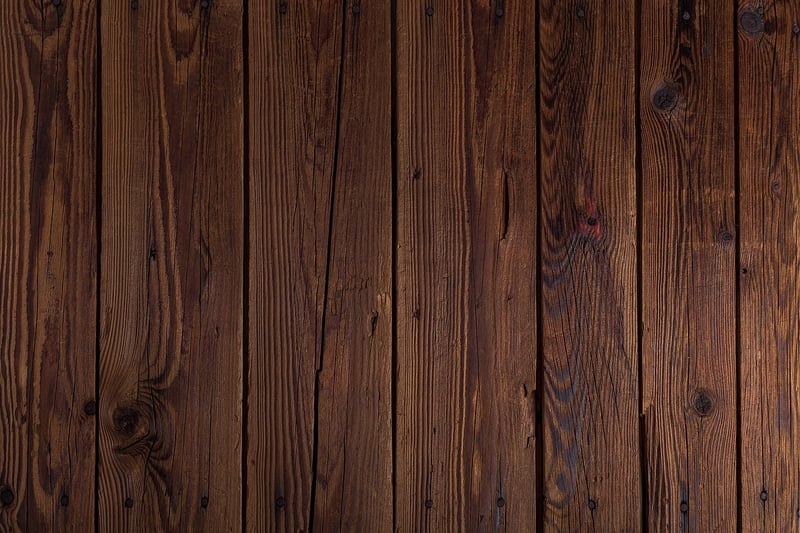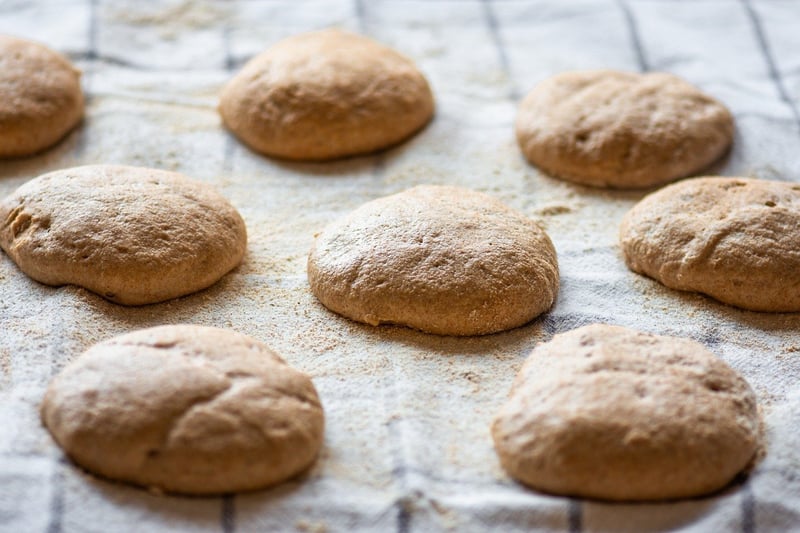Homemade Fertilizers
Create with Recycled Materials + Homemade Fertilizers
Introduction
Are you looking to be more sustainable and eco-friendly in your gardening practices? In this article, we'll explore how you can get creative by using recycled materials for your gardening projects and make homemade fertilizers to nurture your plants naturally.
Using Recycled Materials in Your Garden
Repurposing items around your home can be a fun and environmentally friendly way to enhance your garden. Here are some ideas to get you started:
1. Tin Cans
Old tin cans can be used as planters for herbs, flowers, or small vegetables. Make sure to drill holes in the bottom for drainage and add a coat of paint for a pop of color.

2. Plastic Bottles
Cut plastic bottles in half to create mini greenhouses for seedlings. They provide a warm and moist environment for seeds to germinate before transplanting them into the garden.

3. Pallets
Old pallets can be disassembled to create raised beds or vertical planters. They are perfect for growing a variety of plants while adding a rustic charm to your garden.

Homemade Fertilizers for Your Garden
Instead of buying chemical-based fertilizers, consider making your own natural fertilizers using household ingredients. Here are some simple recipes:
1. Banana Peel Fertilizer
Place banana peels in a jar, cover them with water, and let them ferment for a few days. Dilute the mixture with water and use it to fertilize your plants. Banana peels are rich in potassium, which promotes flowering and fruiting.
2. Epsom Salt Spray
Dissolve Epsom salt in water and use it as a foliar spray for magnesium-hungry plants like tomatoes and peppers. Magnesium is essential for photosynthesis and overall plant growth.
3. Coffee Grounds Compost
Mix used coffee grounds into your compost bin to add nitrogen to the mix. Nitrogen helps plants produce lush, green foliage and supports overall plant health.
By incorporating recycled materials into your garden projects and using homemade fertilizers, you can reduce waste, save money, and cultivate a greener thumb. Get creative, experiment with different materials, and watch your garden thrive!
Remember, sustainability starts at home, and every small effort counts towards a healthier planet.
